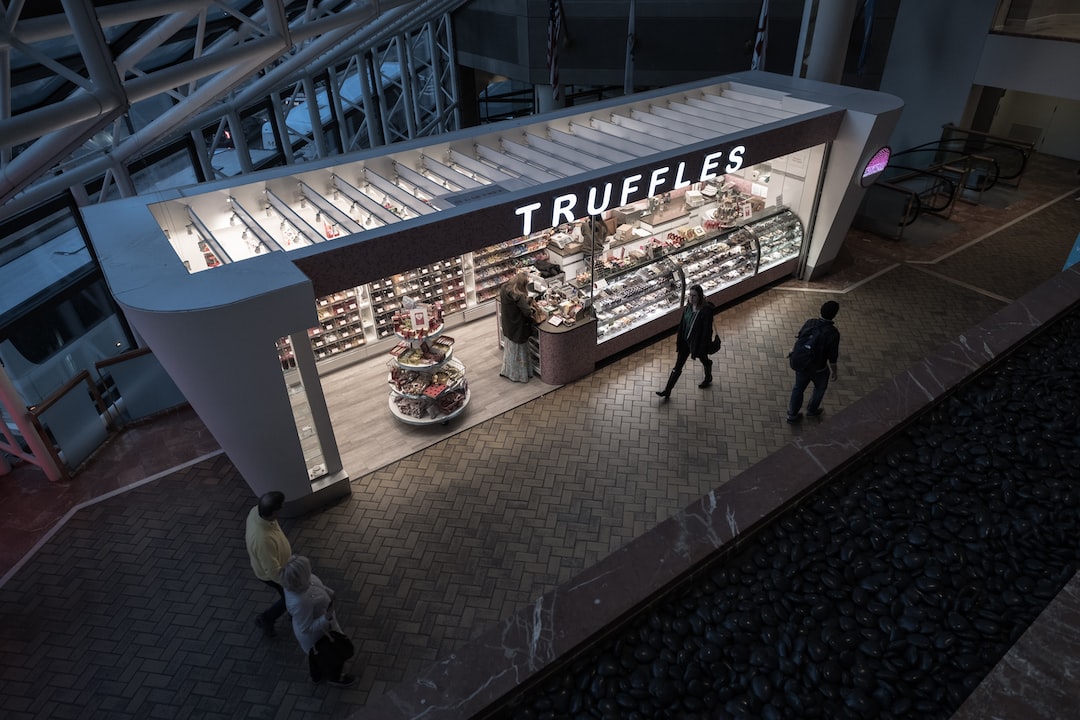The Psychology of Online Shopping: Understanding Consumer Behavior
In today’s digital age, online shopping has become a norm for many consumers. With just a few clicks, people can explore a vast range of products and services, without the need to leave the comfort of their homes. But what drives people to make a purchase online? Why do some consumers prefer shopping online over traditional brick-and-mortar stores? To answer these questions, we need to dive into the psychology of online shopping and understand consumer behavior.
Convenience is one of the major factors that drives consumers to shop online. With busy schedules and hectic lifestyles, people find it more convenient to browse products and make purchases from the comfort of their own homes. Online shopping eliminates the need for transportation, parking, and long queues, making it a time-saving and hassle-free option. This convenience factor appeals to a wide range of consumers, from busy professionals to stay-at-home parents.
Another key aspect of online shopping is the abundance of product information available to consumers. Online stores provide detailed product descriptions, images, and even customer reviews that assist buyers in making informed decisions. This wealth of information empowers consumers, allowing them to compare products, read reviews, and select the best option that suits their needs. By providing this information, online retailers foster trust and transparency, which are crucial factors in influencing consumer behavior.
The concept of “social proof” plays a vital role in online shopping. Social proof refers to the psychological phenomenon where people rely on the actions and recommendations of others when making decisions. In the online realm, this becomes evident through customer reviews, ratings, and testimonials. Positive reviews create a sense of trust and reliability, while negative reviews can discourage potential customers. Online retailers understand this phenomenon and often highlight positive reviews or use social media influencers to create a positive image and influence the perception of potential buyers.
Furthermore, the element of “scarcity” is often used by online retailers to create a sense of urgency and encourage immediate purchases. Limited-time offers, flash sales, and “low stock” messages create a fear of missing out, compelling consumers to make impulsive buying decisions. By leveraging scarcity, online retailers tap into consumers’ fear of losing a good deal or a unique opportunity, thereby driving sales.
The perceived value of products or services is a significant factor in consumer behavior. Online retailers leverage various techniques, such as discounts, free shipping, loyalty programs, and personalized deals, to communicate value propositions to customers. Discounts and free shipping not only make the consumers feel like they are getting a good deal but also provide a sense of gratification and reward. Loyalty programs, on the other hand, encourage repeat purchases and foster a sense of belonging and exclusivity.
One critical aspect that should not be overlooked is the influence of emotions on consumer behavior. Online retailers often recognize the emotional triggers that lead to impulse buying. By using visually appealing imagery, persuasive language, and compelling storytelling, they evoke emotions such as desire, excitement, and even fear of missing out. When consumers feel emotionally connected to a product or service, they are more likely to make a purchase.
Lastly, the user experience and interface design of an online store significantly impact consumer behavior. Websites that are intuitive, easy to navigate, and visually appealing create a positive first impression and engage consumers. A smooth and hassle-free checkout process, secure payment options, and responsive customer support are critical in building trust and ensuring a seamless shopping experience. Retailers that prioritize user experience have a competitive advantage, as satisfied customers are more likely to shop again and recommend the store to others.
In conclusion, the psychology of online shopping goes beyond convenience and product availability. It encompasses factors such as social proof, scarcity, value perception, and emotional triggers. Understanding consumer behavior in the online realm allows retailers to strategically position their offerings and create an engaging shopping experience. By tapping into these psychological factors, online retailers can influence consumer behavior and ultimately drive sales, fostering a mutually beneficial relationship between the consumer and the online store.

